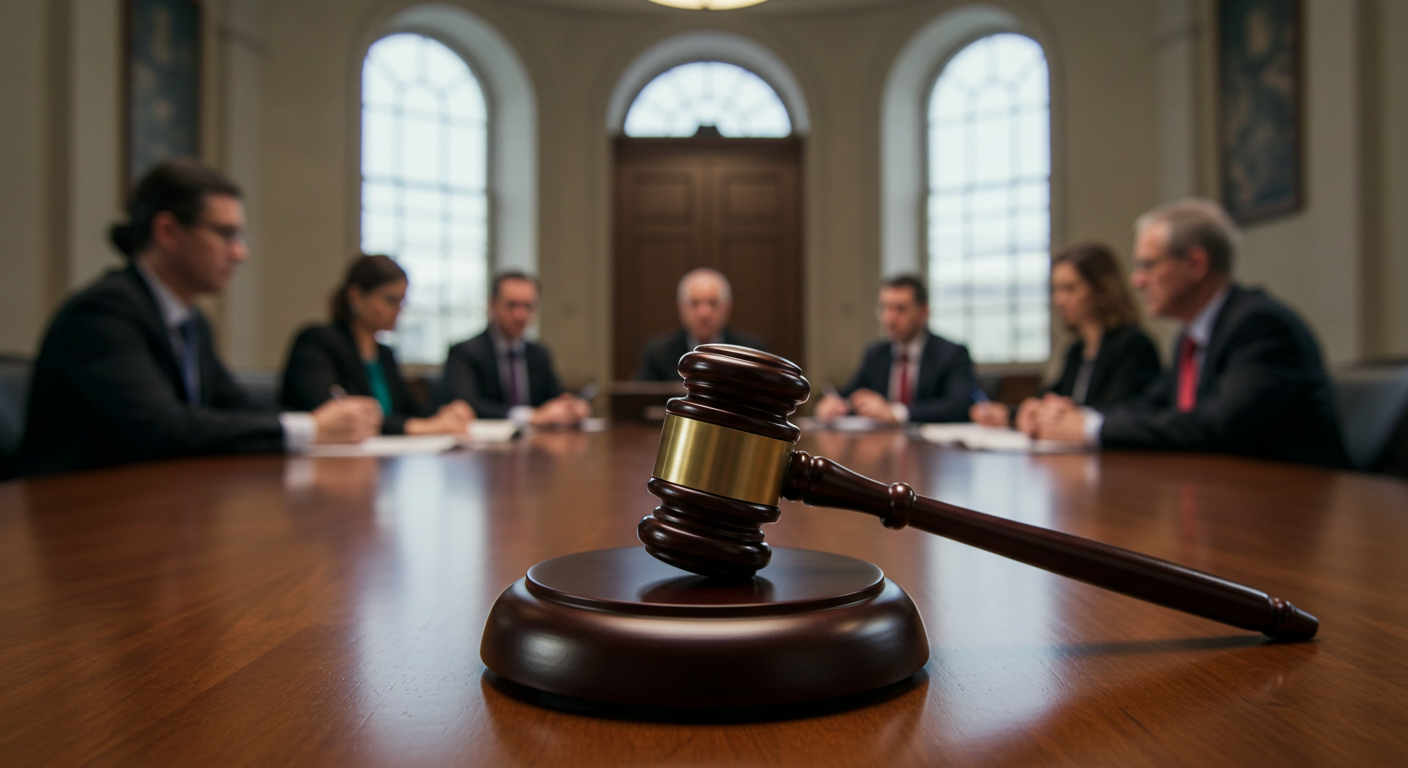Navigating Sentencing for Drink Driving Offences in England: The Importance of Legal Representation

Navigating Sentencing for Drink Driving Offences in England: The Importance of Legal Representation
In England, being convicted of drink driving can have serious legal and personal repercussions. This article aims to elucidate how courts determine the sentencing for drink driving offences and underscores the vital importance of seeking legal representation.
Understanding these aspects is crucial for individuals facing such allegations, as the consequences can be far-reaching and life-altering.
How Courts Determine Sentences for Drink Driving

Courts in England approach the sentencing of drink driving cases by considering a multitude of factors:
- Severity of the Offence: The blood alcohol concentration (BAC) level at the time of arrest is pivotal. The legal limit in England is 80 milligrams of alcohol per 100 millilitres of blood. Exceeding this limit, especially by a significant margin, often results in more stringent penalties.
- Circumstances of the Offence: The context of the offence is scrutinised. Was the driving pattern erratic or dangerous? Did the offence result in an accident, property damage, or bodily injury? The presence of children in the vehicle at the time can also escalate the severity of the sentence.
- Mitigating and Aggravating Factors: Courts weigh both mitigating factors (such as a previously clean driving record, expressions of remorse, or evidence of steps taken to address alcohol misuse) and aggravating factors (including previous drink drive convictions, refusal to cooperate with law enforcement, or causing serious harm to others).
- Legal Guidelines: Sentencing guidelines in England provide a framework for judges, ensuring consistency in sentencing. These guidelines offer a range of penalties, allowing judges to tailor sentences based on the specific details of each case.
Sentencing Options
The range of sentences for drink driving in England varies widely:
- Fines are common, particularly for first-time offenders or those with lower BAC levels.
- Driving disqualifications are almost inevitable, with the length depending on the offence’s seriousness.
- Imprisonment is reserved for the most severe cases, especially for repeat offenders or instances resulting in serious injury or death.
- In some cases, offenders may be required to participate in rehabilitation courses, community service, or undergo extended retesting before regaining their driving privileges.
The Importance of Legal Representation

- Expertise in Legal Proceedings: Drink driving cases can be complex and nuanced. Lawyers specialising in this field are familiar with the intricacies of such cases, including the latest legal precedents and defence strategies. They can effectively navigate through the complexities of the legal system.
- Alternative pleas: In some cases, a skilled lawyer can negotiate a plea bargain, which might result in reduced charges or a more lenient sentence. This is particularly beneficial in cases where the evidence against the accused is substantial.
- Mitigation: Lawyers can effectively present mitigating factors to the court, which could significantly influence the leniency of the sentence. They can prepare a compelling case for why a client should receive a reduced sentence.
- Legal Advice and Guidance: From the moment of arrest, a legal professional can offer crucial advice on how to proceed, including guidance on handling police interviews and understanding the charges and their potential consequences.
- Representation in Court: Having a lawyer present in court ensures that the defendant’s case is articulated effectively. Lawyers can challenge evidence, cross-examine witnesses, and ensure that the defendant’s rights are upheld throughout the process.
Conclusion: Navigating Sentencing for Drink Driving Offences in England

The consequences of a drink-driving conviction in England can be severe and long-lasting. Legal representation is not merely advisable; it is essential for anyone facing these charges.
A qualified solicitor can make a substantial difference in the outcome of a case, potentially mitigating the severity of the sentence and ensuring fair treatment within the judicial system.
Individuals accused of drink driving should seek legal advice at the earliest opportunity to protect their rights and interests.
Notice: Informational Content Disclaimer
The content provided on this website, including articles, blog posts, and other informational materials, is intended for general informational purposes only. It is not intended as, and should not be considered, legal advice.
Visitors to this website should be aware that the information presented here is not a substitute for seeking legal advice from a qualified solicitor or legal professional. Each individual's legal situation is unique, and the information provided may not be applicable to specific circumstances.
If you require legal advice or have specific legal questions, we encourage you to contact us directly. Our experienced team of solicitors is here to assist you with your legal needs and provide tailored advice to address your concerns.
Please be advised that any communication through this website, including the use of contact forms or email, does not create a solicitor-client relationship. Confidential or time-sensitive information should not be sent through this website. To establish a solicitor-client relationship and discuss your legal matters in detail, please contact us for a consultation.
We strive to provide accurate and up-to-date information, but we make no representations or warranties regarding the accuracy, completeness, or suitability of the information contained on this website. We shall not be liable for any reliance placed on the information provided herein.
Thank you for visiting our website. We look forward to the opportunity to assist you with your legal needs.




